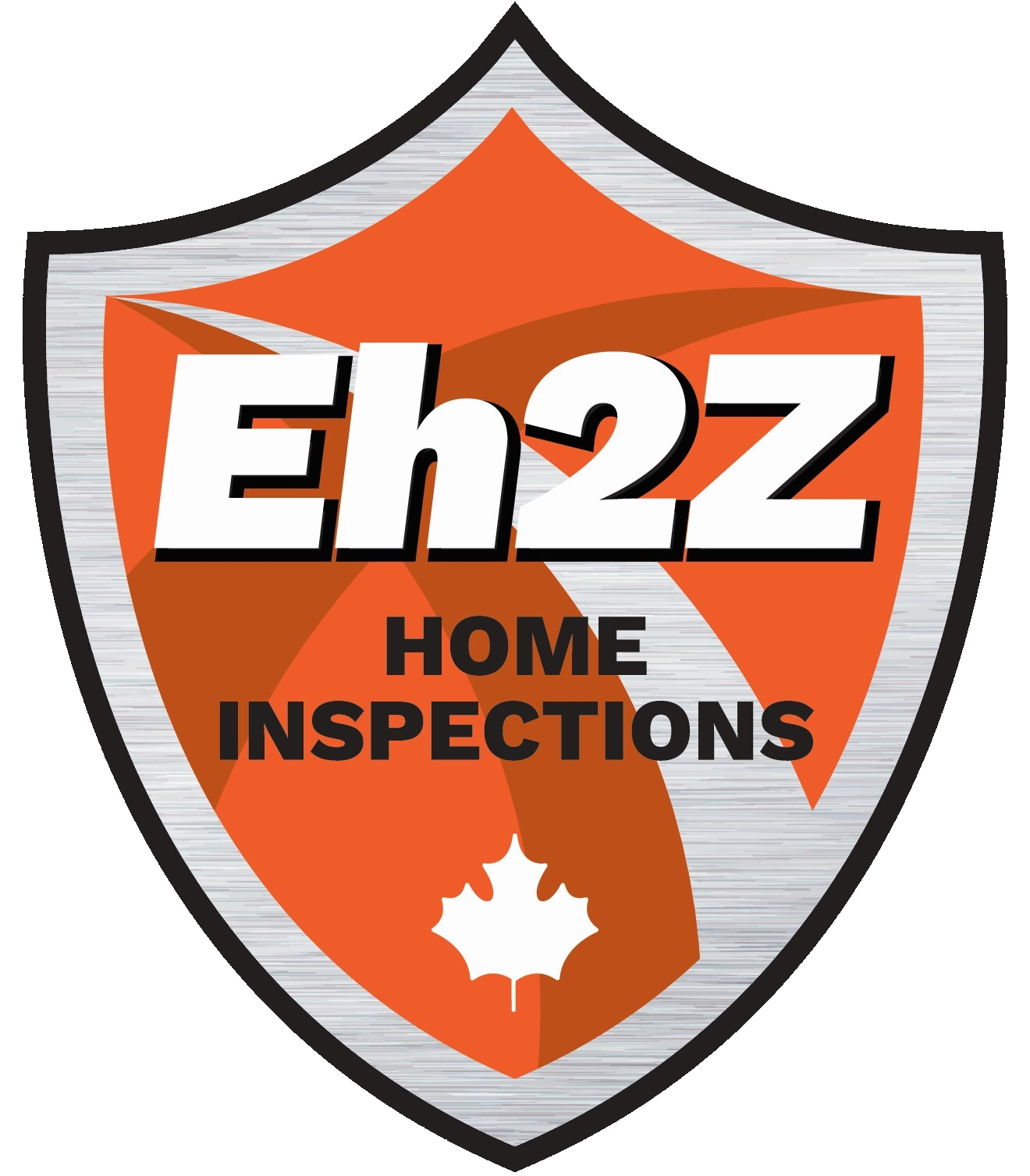As a home buyer, one might assume that new homes are free from defects and issues, but this is far from the truth. Even newly constructed houses can harbor a variety of problems that could affect their safety, livability, and value. Here, we delve into the importance of inspecting brand new homes and what inspectors should pay close attention to during their assessments.
Why Inspect New Homes?
- Quality Control: Just because a home is newly built does not mean that it has been constructed to the highest standards. Builders may cut corners or overlook critical details. An inspection helps ensure that workmanship is up to code and meets industry standards.
- Identifying Defects Early: Many issues, such as plumbing leaks, electrical problems, or structural concerns, may not be immediately visible. A thorough inspection can uncover these problems before they develop into more significant and costly repairs.
- Warranty Awareness: Most new homes come with warranties that cover specific defects. By identifying issues early, homeowners can take advantage of these warranties, ensuring that repairs are made at no additional cost.
- Peace of Mind: Purchasing a new home is one of the most significant investments a person makes. An inspection provides peace of mind, allowing homeowners to move in confidently, knowing their new residence is safe and sound.
Key Areas of Focus During the Inspection
- Structural Integrity: Inspectors should look for signs of foundation issues, such as cracks in walls or uneven floors. These can indicate underlying problems that need to be addressed.
- Plumbing Systems: Inspecting all faucets, toilets, and visible pipes for leaks or improper installations is crucial. Water pressure should also be tested to ensure it meets standards.
- Electrical Systems: Outdated or improperly installed wiring can pose serious hazards. Inspectors should check the condition of the wiring, the adequacy of outlets, and the functionality of the circuit breaker.
- HVAC Systems: Ensuring that heating and cooling systems are installed correctly and functioning efficiently is essential for comfort and energy efficiency.
- Insulation and Ventilation: Proper insulation and ventilation can save homeowners money on energy bills. Inspectors should check for adequate insulation in the attic and ensure vents are not blocked.
Tools used such as thermal imaging, moisture meters and air quality scanners allow us to find things that my not show for years. Leaks and missing insulation are things that can be identified and fixed before they become a much larger issue. Getting the inspection before you take possession is key to ensure the builder can address all the issues before you move in.
Conclusion
Inspecting brand new homes is a critical step in the home buying process. It ensures that the property is safe, functional, and a sound investment. Home inspectors play an essential role in this process, providing valuable insights
